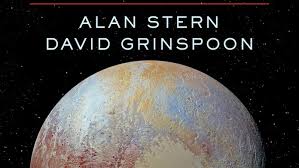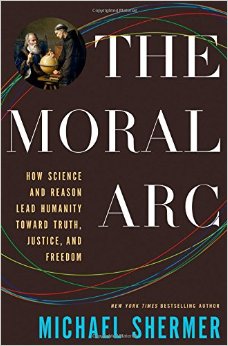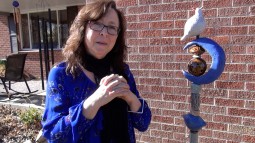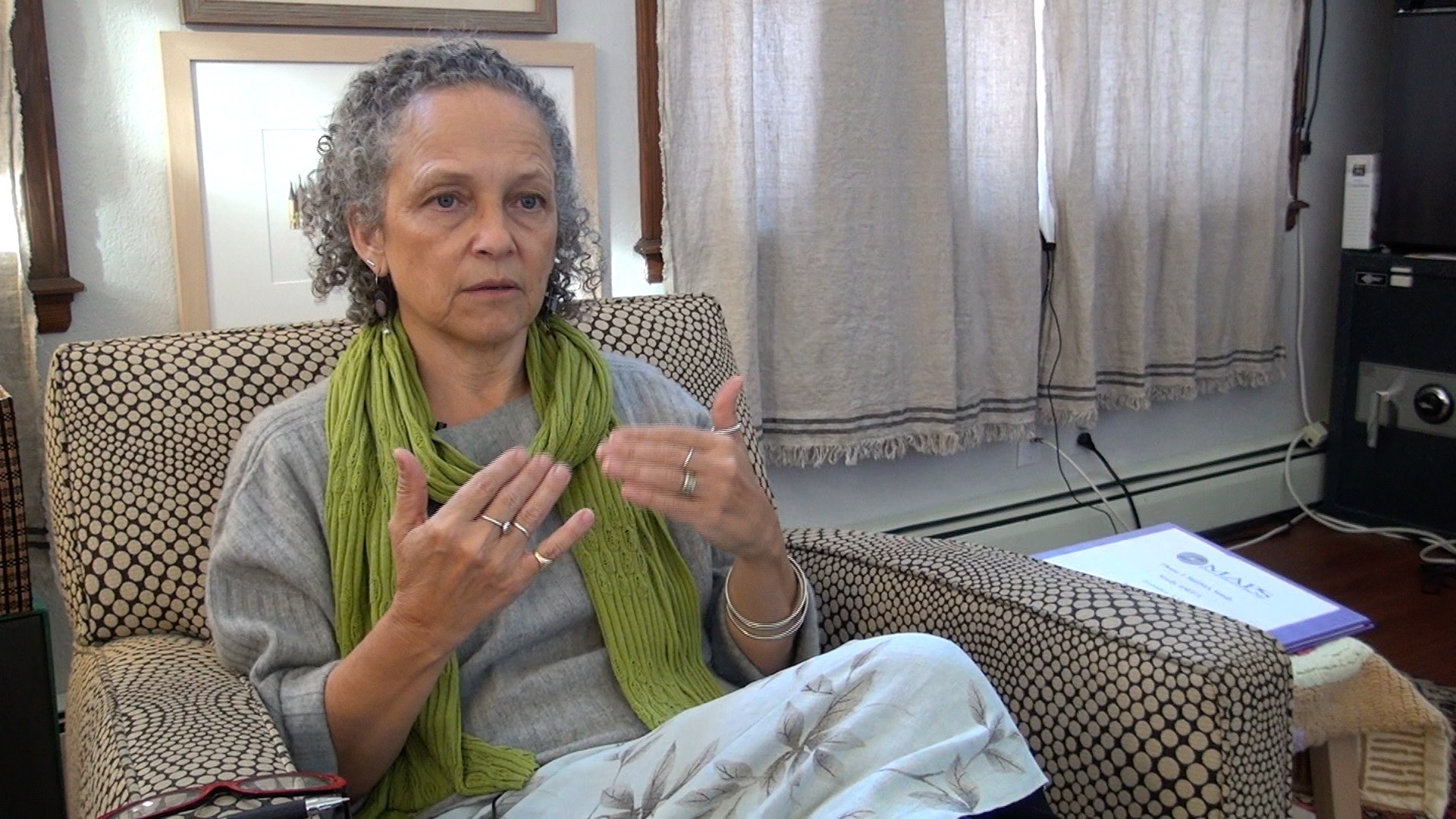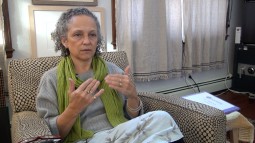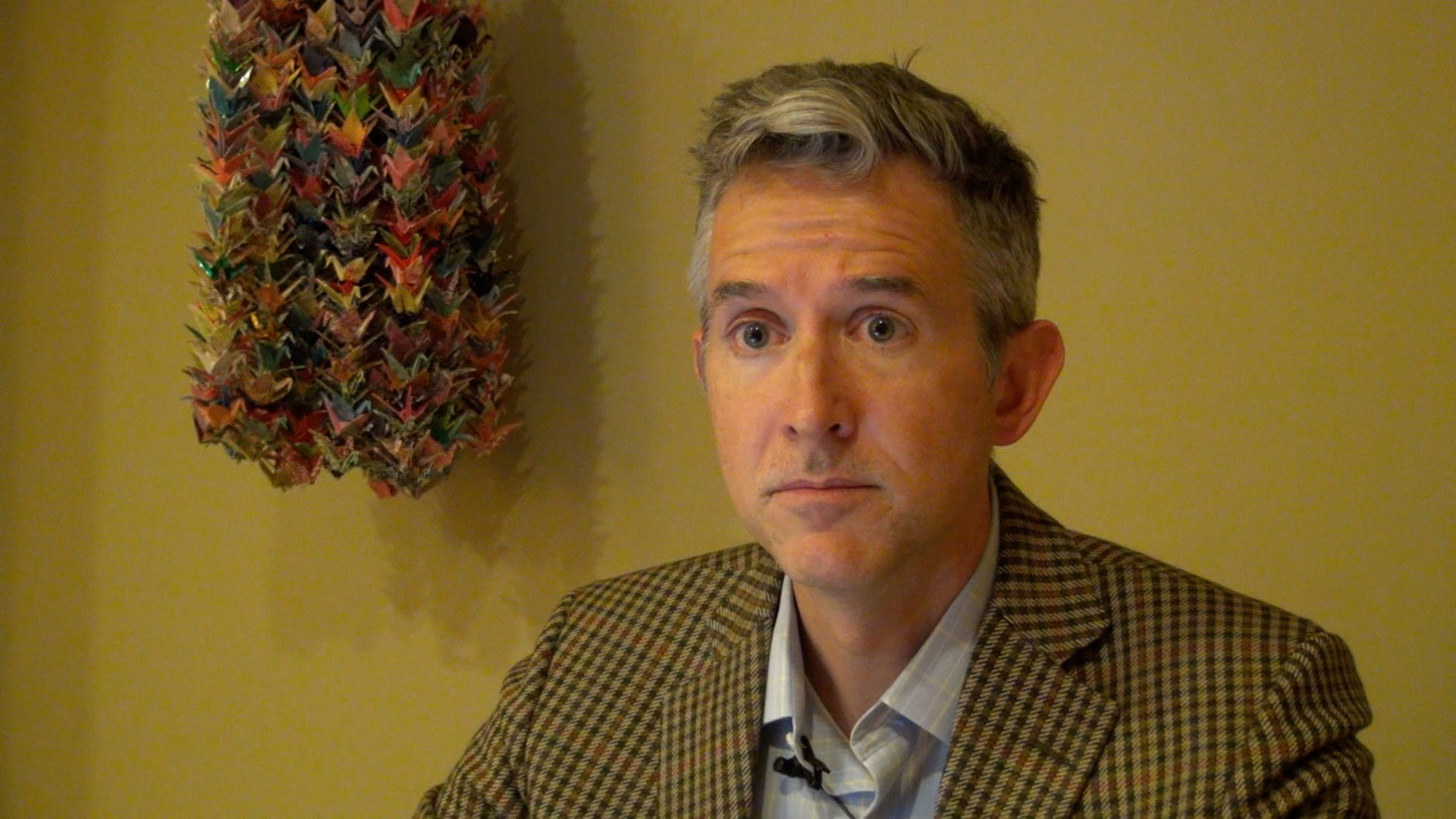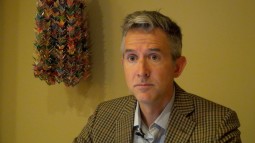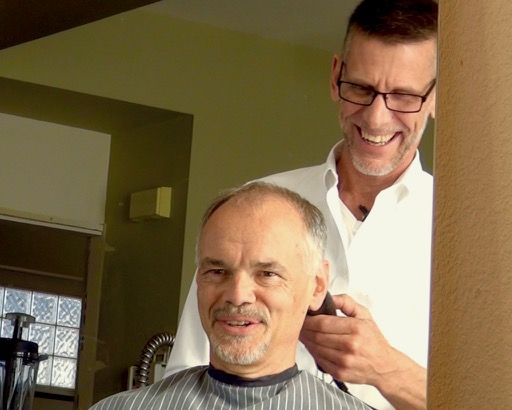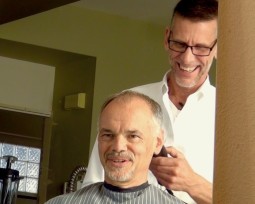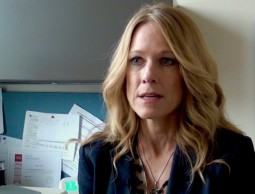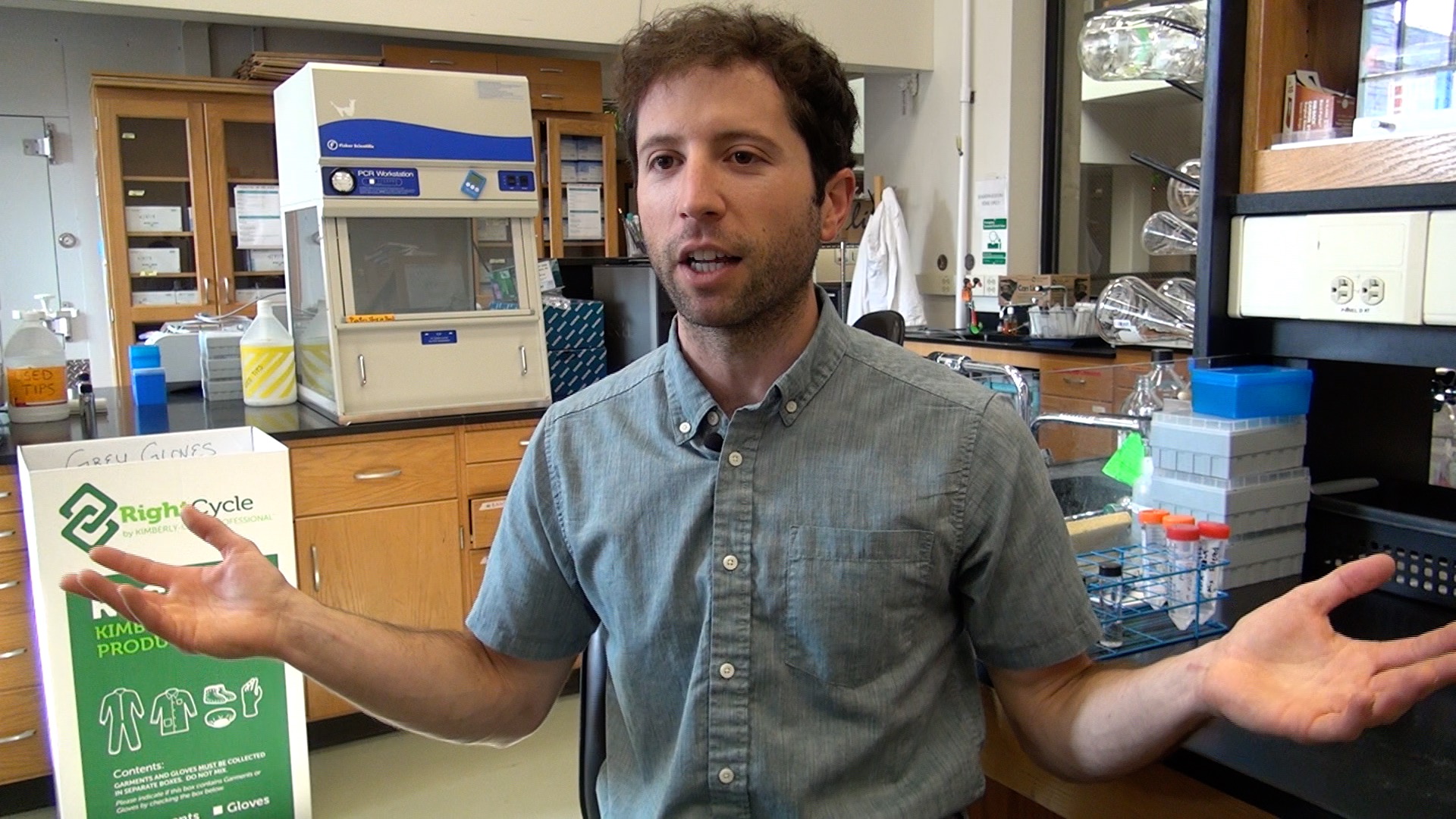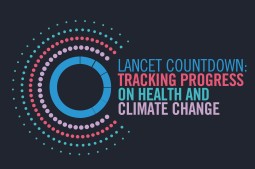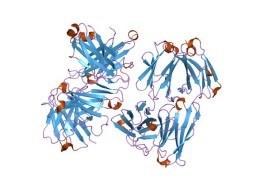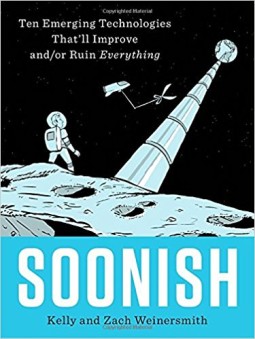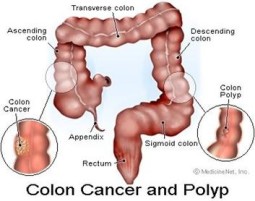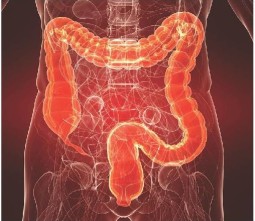 Chasing New Horizons (starts 1:00) brings the reader Inside the Epic First Mission to Pluto to hear the details and meet the personalities behind building, launching, and flying this audacious mission. How on Earth’s Joel Parker (also an astrophysicist on the New Horizons mission) speaks with authors and fellow scientists Alan Stern and David Grinspoon. (Booktalks at Boulder Bookstore and Tattered Cover). You can also listen to the full extended interview.
Chasing New Horizons (starts 1:00) brings the reader Inside the Epic First Mission to Pluto to hear the details and meet the personalities behind building, launching, and flying this audacious mission. How on Earth’s Joel Parker (also an astrophysicist on the New Horizons mission) speaks with authors and fellow scientists Alan Stern and David Grinspoon. (Booktalks at Boulder Bookstore and Tattered Cover). You can also listen to the full extended interview.
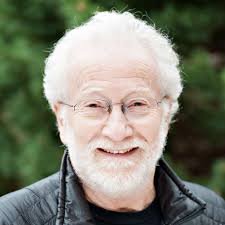 GoldLab Symposium (starts 13:00) This year’s symposium theme is Complexity: The Intersections Between Health and Policy. Boulder Entrepreneur and symposium founder Larry Gold speaks with How on Earth’s Shelley Schlender about this year’s annual symposium that explores the frontiers of science and health with an eye toward ideas that will inspire even the greatest world expert, with an ear toward being understandable to anyone in the room.
GoldLab Symposium (starts 13:00) This year’s symposium theme is Complexity: The Intersections Between Health and Policy. Boulder Entrepreneur and symposium founder Larry Gold speaks with How on Earth’s Shelley Schlender about this year’s annual symposium that explores the frontiers of science and health with an eye toward ideas that will inspire even the greatest world expert, with an ear toward being understandable to anyone in the room.
Host/Producer/Engineer: Shelley Schlender
Add’l Contributions/Executive Producer: Joel Parker
Podcast: Play in new window | Download (Duration: 27:07 — 24.8MB)
Subscribe: RSS

